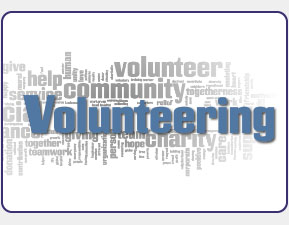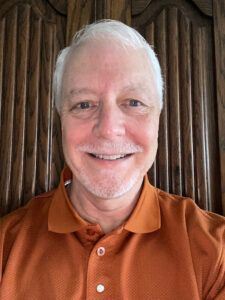 What are you doing with the ACR now? Why are you teaching rheumatology at the med school? Why did you go on that medical mission trip? I’m often asked these and other questions.
What are you doing with the ACR now? Why are you teaching rheumatology at the med school? Why did you go on that medical mission trip? I’m often asked these and other questions.
Not initially by design but by happenstance, volunteerism has been readily integrated into my career and life over time. My simple responses to such questions are: Just trying to contribute to the rheumatology mission. Teaching is fun. Medical missions are a special experience. But the truth is more complex than that.
The Longer Answer
My introduction to volunteerism in internal medicine was after I was volunteered—or should I say assigned—to facilitate the entertainment skits by the medicine interns for the end-of-year department Hail and Farewell dinner in 1984.
By nature I am a cup-half-full person, even when sleep deprived. Silly collegial jokes at work, like blockading me in a staff bathroom and immediately paging me to the intensive care unit, would happen to me on a busy day; the department was very content selecting me as their skit master. So although I was on call every third or fourth night, somehow, we interns pulled off filming videos after hours and even performing in-person skits at the banquet; this was medical humor at its best. It was funny, and it was also fun—even though it was extra work.

Dr. Battafarano
As my residency progressed, I found myself assigned to committees to improve the internal medicine clinic or to address the complicated call schedule while trying to complete my senior research project. I was enhancing my skills in team building, communication, time management and volunteerism at a time when I primarily valued augmenting my internal medicine knowledge and skills.
I practiced internal medicine in a 160-bed hospital for three years before my rheumatology fellowship. Inevitably, I garnered more experience from service on various hospital committees, such as risk management and process improvement. I also decided to volunteer as director for the advanced cardiac life support (ACLS) course and as a member of a team working on an outpatient electronic medical record (EMR) project. These volunteer roles posed interesting challenges for me as a teacher and exposed me early to the benefits and concerns of EMRs. These roles were setting the stage for successful professional juggling, as well as for interesting volunteer opportunities.
My transition back to an academic fellowship, with complex patients, frequent presentations, research and a working wife with three children in diapers, was stressful, but the executive skills I had learned in internal medicine helped me survive and, ultimately, thrive.


